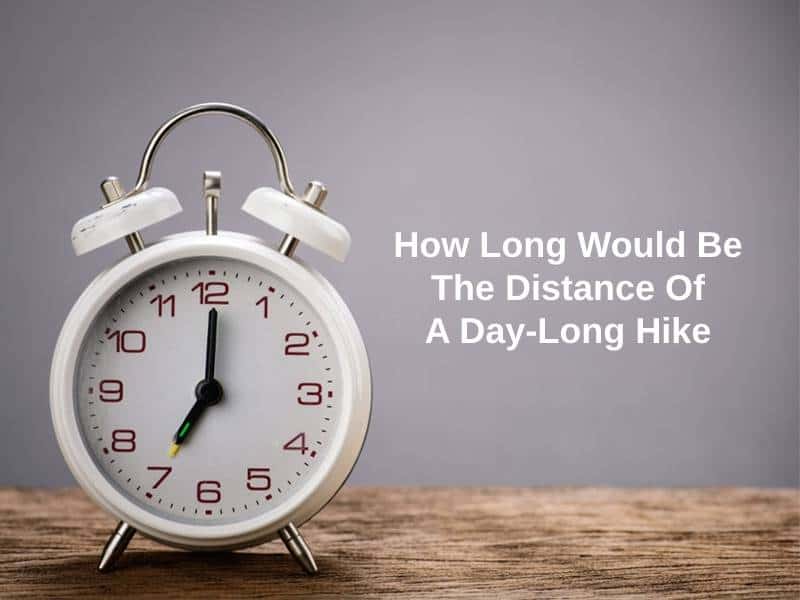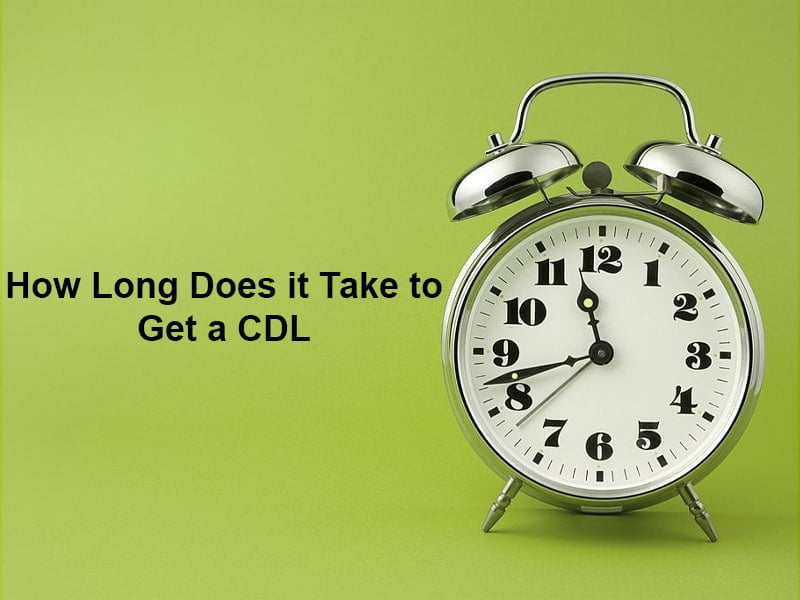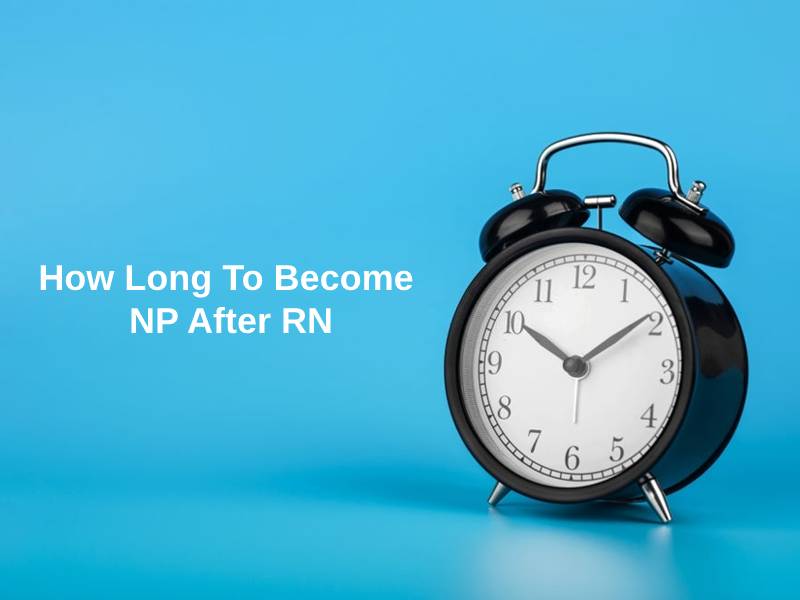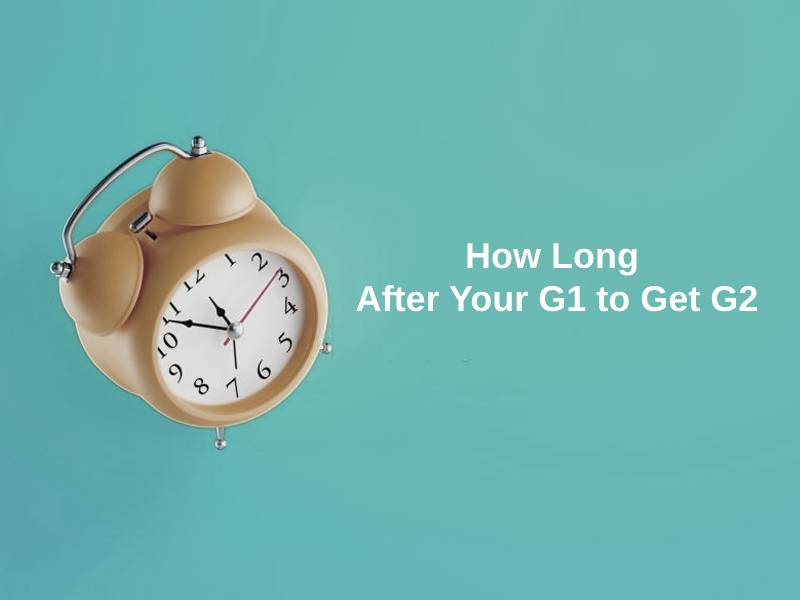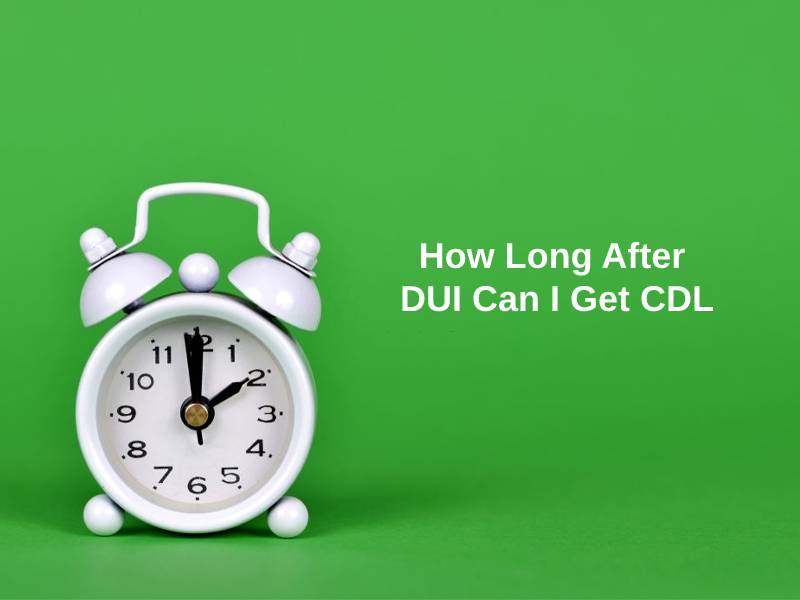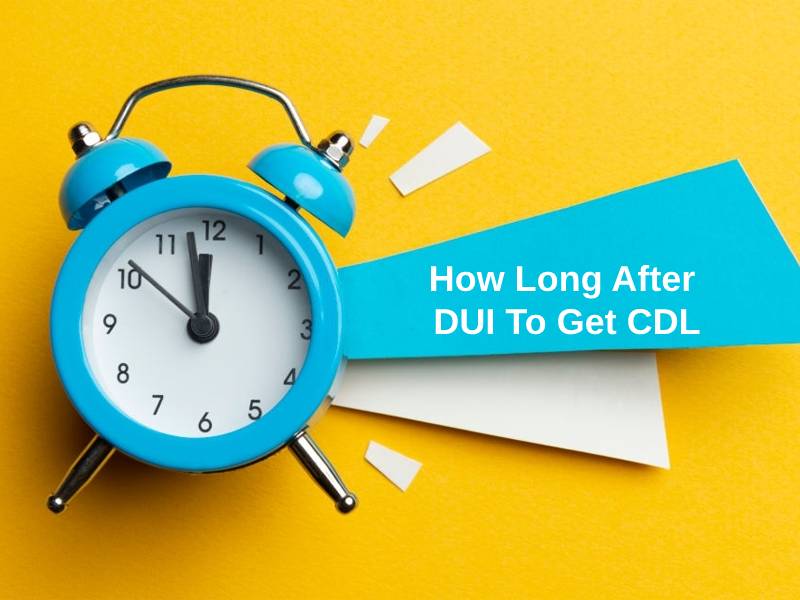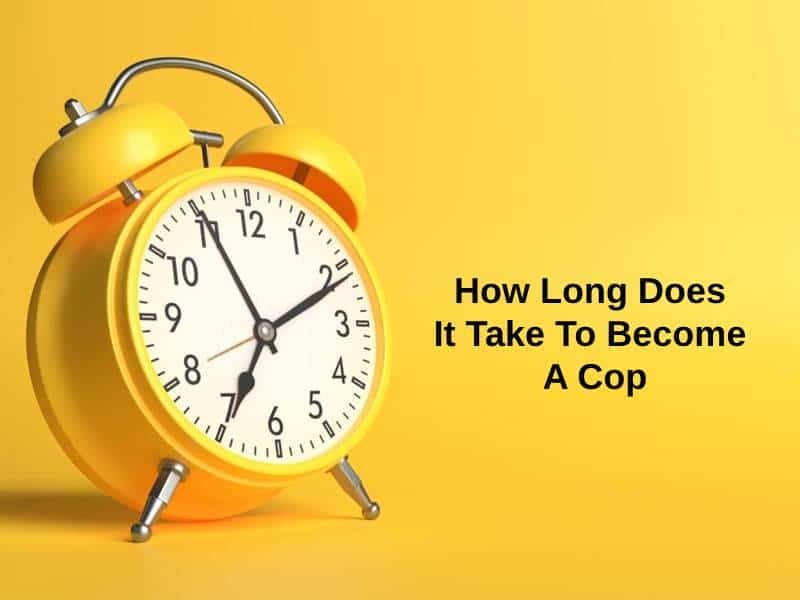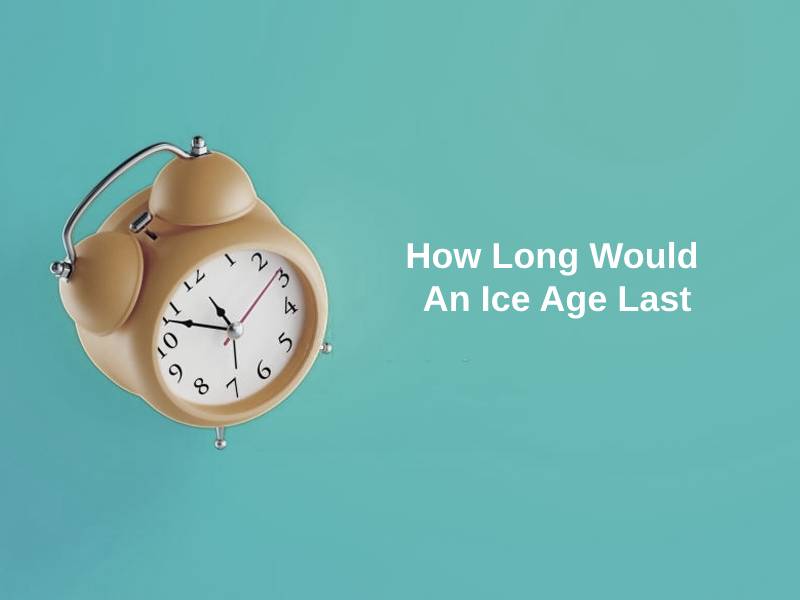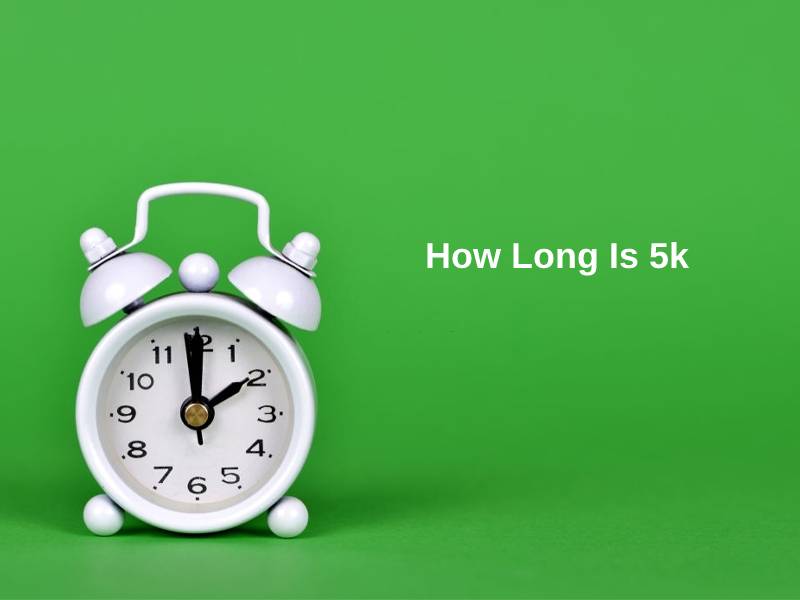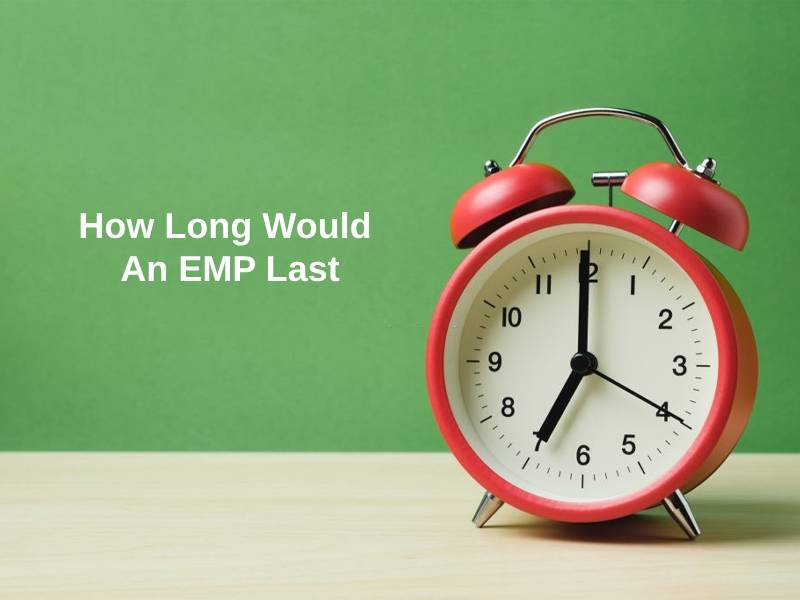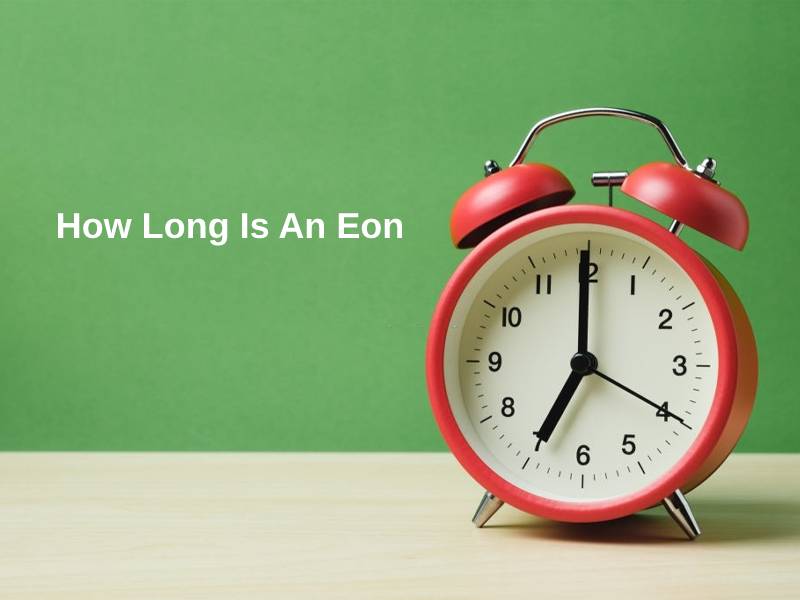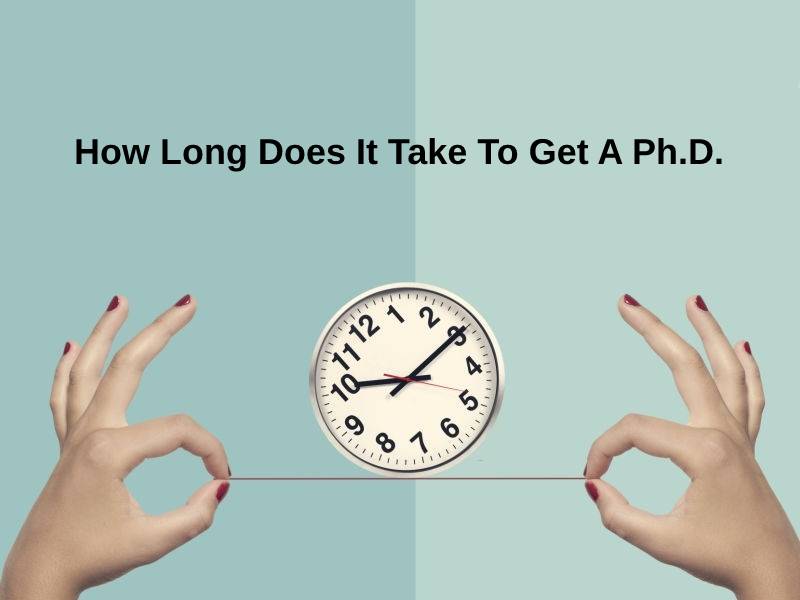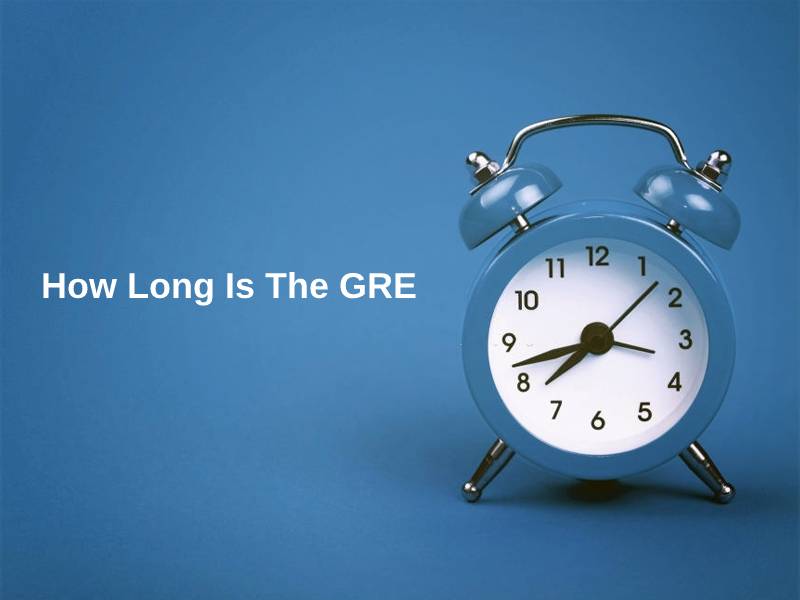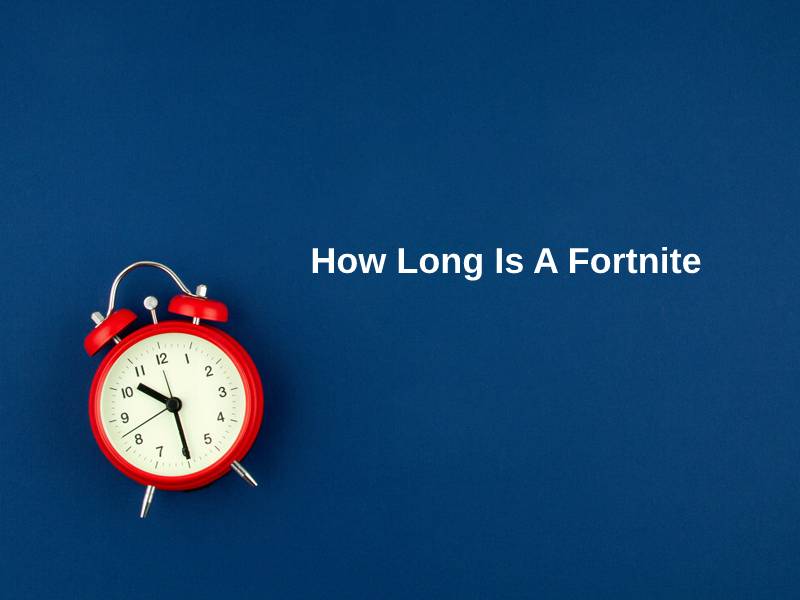Exact Answer: 6 to 12 Days
Being pregnant sounds like a simple biological change happening in a woman’s body after intercourse. It involves many important processes that will finally lead to pregnancy.
When the semen enters the woman’s body, the sperm and the eggs join. This process is known as conception. Conception seems like the most important step towards pregnancy. But the fact remains that implantation is also a crucial step.
Implantation is necessary because, without proper implantation, the uterine lining will shed. Once the uterine lining sheds, a female experiences a menstrual cycle, hence dismissing the chances of pregnancy. There is a specific timing for each process during pregnancy. The implantation must happen when it is supposed to.
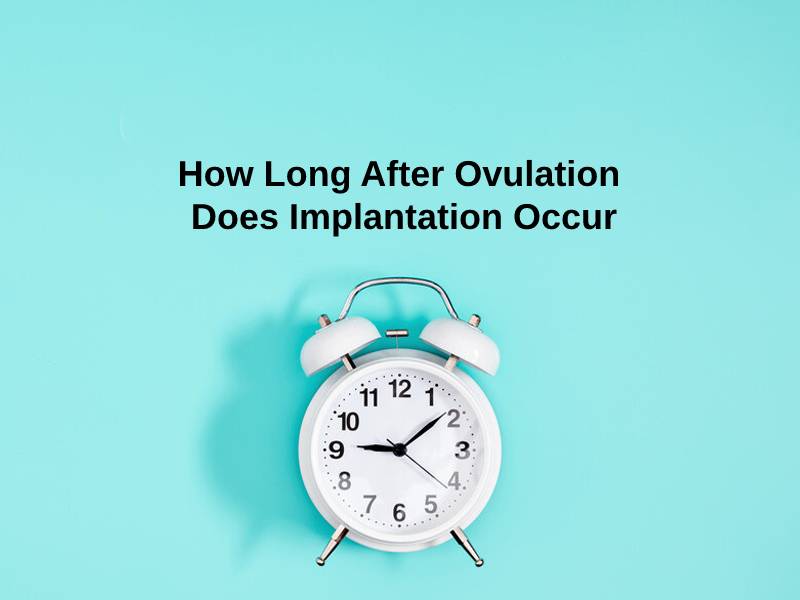
How Long After Ovulation Does Implantation Occur?
Implantation is the process when a fertilized egg has already divided, multiplied, and has now turned into a blastocyst (cluster of cells). This cluster of cells then goes and attaches itself to the uterine wall. Once it is attached to the uterine wall, the implantation process is said to be successful.
It can take a varied number of days for different females. Although, in general implantation supposedly happens about 6 to 12 days after a female has ovulated. Knowing the implantation timeline is as important as knowing the ovulation cycle.
Once a female knows the ovulation period according to her menstrual cycle, it becomes easier to understand the implantation timeline.
Given that everything happens as expected, and the eggs travel up to the uterus, implantation can happen about six to ten days after the fertilization of the egg has happened.
Knowing the implantation timeline is necessary for a pregnancy to be successful. The factor that can determine when the implantation will happen, is the length of the menstrual cycle each month as the ovulation depends on the menstrual cycle.
| Menstrual cycle length of a female | Period of implantation |
| 28 Days (Ovulation on Day 14) | Day 20 to 24 |
| 30 Days (Ovulation on Day 16) | Day 22 to 26 |
| 32 Days (Ovulation on Day 18) | Day 24 to 28 |
Why Does Implantation Occur That Long After Ovulation?
Since pregnancy includes many different processes to be happening at the right time, each process happens after a specific number of days. Whether it is the fertilization of the egg, development of the placenta, or the eggs getting attached to the uterine lining.
- The biggest reason that determines how long it will take for the implantation process to complete is the menstrual cycle of the female.
- The longer the menstrual cycle of the female, the longer it will take for the implantation. If a woman experiences a 28-day cycle, there are chances that ovulation and the fertilization process will happen by day 14.
- According to that calculation, as the implantation process can take 6 to 12 days after ovulation, the implantation is expected to happen around day 20 to day 24 of the menstrual cycle.
- The implantation may be late if the fertilization is late. Late fertilization can cause the implantation to be late by a day or two.
- The implantation can get further delayed if the embryo has a chromosomal anomaly. The abnormal genetic material can become a reason behind the embryo taking longer to attach itself to the uterine lining.
- Since the ovulation window is for about 6 to 7 days. If the conception happened in the latter days of the ovulation window, it can lead to a delay in the implantation timeline. However, ovulation may vary amongst different women.
Ovulation is also known as the fertile window and is a great time to set into motion the process of pregnancy. Having intercourse in the ovulation cycle makes sure that the other process like the implantation happens on time.
Conclusion
Some signs and symptoms can let a woman know that the implantation process is complete. The different signs can include bleeding, discharge, cramps, nausea, tenderness of the breast, bloating, and discharge. These signs can be confusing as they are similar to signs of the menstrual cycle.
Since knowing if the implantation has occurred on time or not is necessary, it is suggested that a pregnancy test be taken to avoid confusion. Women will get a positive on the pregnancy test only when the implantation is complete.
So, in a gist, implantation is the most crucial and the final step of getting pregnant successfully.


